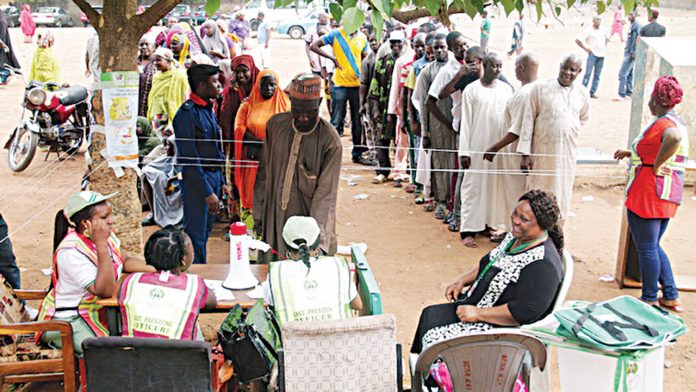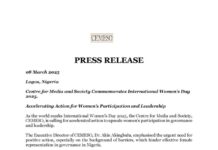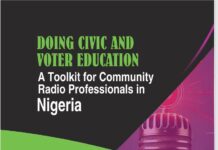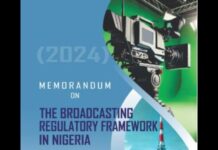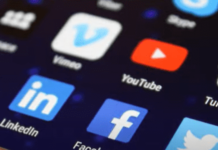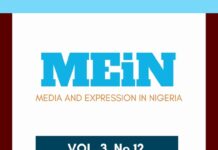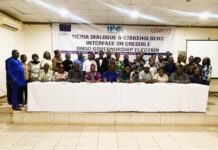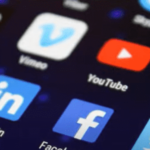The United States of America has warned that widespread vote-buying could mar the general elections.
The US Deputy Ambassador Jonathan Cohen, who spoke on Thursday during a United Nations Security Council meeting on West Africa, urged politicians, civil society groups and community leaders to ensure that the election was free and fair.
Cohen said, “The United States sees a risk that widespread vote-buying could challenge the integrity of the election process.
“We are concerned about reports of intimidation and partisanship by security forces, heightened insecurity and inability of internally displaced persons or persons with disabilities to vote.”
AFP reported that the UN envoy for West Africa, Mohamed Ibn Chambas, said Boko Haram attacks had increased over the past months.
He explained that during the last week of December alone, the Islamist militants staged three attacks on army bases.
Chambas said “tensions are high” in Nigeria ahead of the vote, but that prospects for peaceful elections had brightened with the signing of an accord last month in which parties pledged to support calm and order.
According to the time table released by the Independent National Electoral Commission, the presidential and parliamentary elections will hold on February 16, while the gubernatorial and state assembly elections will hold on March 2.
President Muhammadu Buhari, who in 2015 became the first opposition candidate to defeat a sitting president in Nigeria, is hoping to secure a second four-year term in the elections as he faces a former vice president, Atiku Abubakar.
In all, 71 candidates are vying for the presidency.
AFP recalled that the Chairman of the Independent National Electoral commission, Mahmood Yakubu, said a number of measures had been taken to combat vote-buying, which had been widespread in recent gubernatorial elections.
In the Ekiti governorship election last year, both the ruling and opposition parties were accused of offering voters cash for their voter cards.
During the primaries to pick presidential contenders, some candidates, including Abubakar, were accused of offering financial inducements to delegates for their support.


